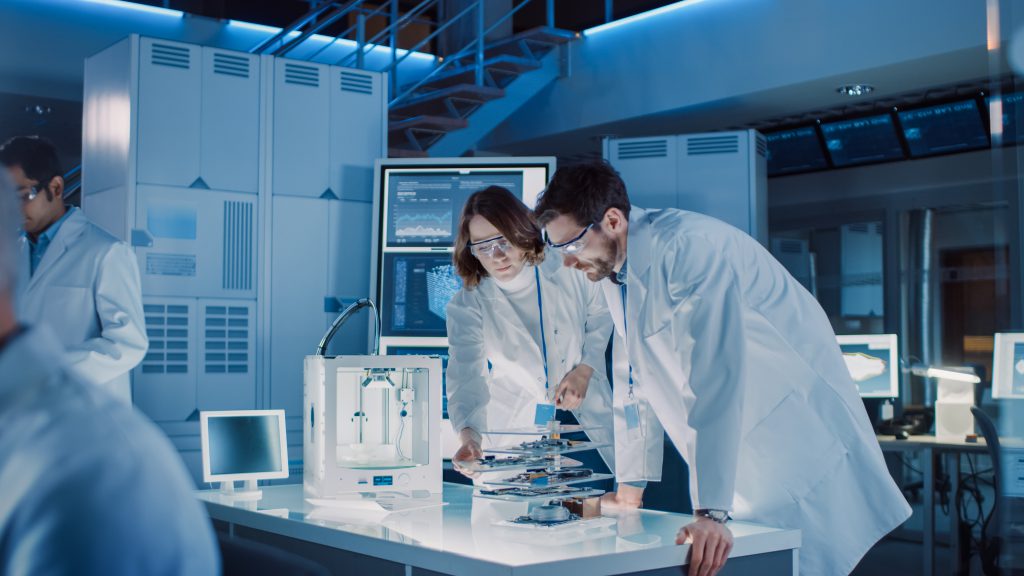
With the goal of setting up a powerful research platform in the health sciences of the State of Brandenburg, the FGW is aiming to network, alongside its three supporting institutions, with non-university research institutes, further universities and other partners. If you are interested in cooperating with us, please contact Dr Peine.
The international LOOOP network develops, implements and evaluates concepts for the (further) development and mapping of competence-based curricula. The aims are to map the learning spiral from the start of studies to the specialist doctor as well as interdisciplinary and interprofessional networking. The LOOOP concept has been continuously optimised since 2004 on the basis of our own and external research results.
In the associated web portal ‘Learning Opportunities, Objectives and Outcomes Platform’ (LOOOP), around 200 study programmes and continuing education curricula from 42 countries worldwide are developed, mapped, evaluated and accredited. The National Competence-Based Catalogue of Learning Objectives in Medicine (NKLM) was also further developed together with the IMPP subject catalogues in LOOOP to version 2.0 and evaluated by the faculties in LOOOP. At the same time, a further revision of the NKLM is taking place in the network under the coordination of the Medical Faculty Association.
LOOOP-Project: https://looop.charite.de/
At the Fraunhofer centre of excellence on the “integration of biological, chemical and physical material functions, plastics and other synthetic materials are developed with intelligent properties. To do so, they are combined with biological molecules, sensors, solar cells, lighting and heating elements and much more.
The centre of excellence is the central contact point for scientists, companies, potential research partners, public bodies and actors within society. Here, the activities of cooperating partners in the Brandenburg-Berlin region are combined to cover the entire R&D value creation chain from application-related fundamental research to concrete prototyping and product development.
Its shared activities in research and development are supplemented by measures to ensure and establish excellent teaching provision and the involvement of Fraunhofer researchers in lecturing at the involved universities and institutions of higher education.
IZI-BB: www.izi-bb.fraunhofer.de/en.html
Fraunhofer Institute: www.fraunhofer.de/en.html
The Carl Thiem Clinic gGmbH, a maximum-care hospital with 1,203 beds and around 2,500 employees and trainees, is the biggest employer in Cottbus and one of the largest and highest-capacity hospitals in Germany.
It has developed into a high-performance medical centre and provides outstanding and comprehensive medical care. More than 145,000 in- and outpatients are treated each year. In preparation for the coming Universitätsmedizin Cottbus innovation centre, a research company was set up together with Thiem-Research GmbH to link all the research activities taking place on campus and to join the medical IT initiative of the BMBF.
With the FGW, a master plan for the “Model Health Region of Lusatia” is being drawn up, with the goal of digitalising the hospital, networking all health actors in Lusatia and implementing innovative, cross-sectoral care models.
Carl Thiem Clinic Cottbus: www.ctk.de
The LZKI is an initiative of the Brandenburg University of Technology Cottbus-Senftenberg supporting structural change in Lusatia. It addresses fundamental and application-related research in artificial intelligence and technology transfer to companies and partner institutions, with consideration for ethical standards.
For the FGW, collaboration on these research questions is attractive.
Lausitz Centre for Artificial Intelligence (LZKI): www.b-tu.de/en/lausitzer-zentrum-fuer-kuenstliche-intelligenz-lzki
The IGES Institute is an independent research and consultation institute for infrastructural and health questions. IGES scientists provide knowledge and instruments for politics and administration, businesses and service providers, so they can make well-grounded decisions. The focus is on questions of care, quality, financing and shaping competition in public assets such as the health system, transport and education.
In a coronavirus-related research project, IGES and the FGW collect electronically gathered data regarding COVID-19 outpatients.
IGES Institute Berlin: https://www.igeslifescience.com/
The “association to promote health science research” links science, hospitals and society and brings together actors from all areas of health research. It was set up in 2020 as an interdisciplinary association, supporting both research and clinical work, alongside public discussion in the health sciences.
It works with the FGW on implementing specialist scientific events and the accompanying research projects. Furthermore, it supports the development of the next generation of researchers.
Gemeinschaft zur Förderung gesundheitswissenschaftlicher Forschung e.V.: https://www.fgw-brandenburg.de/gfgf-ev/